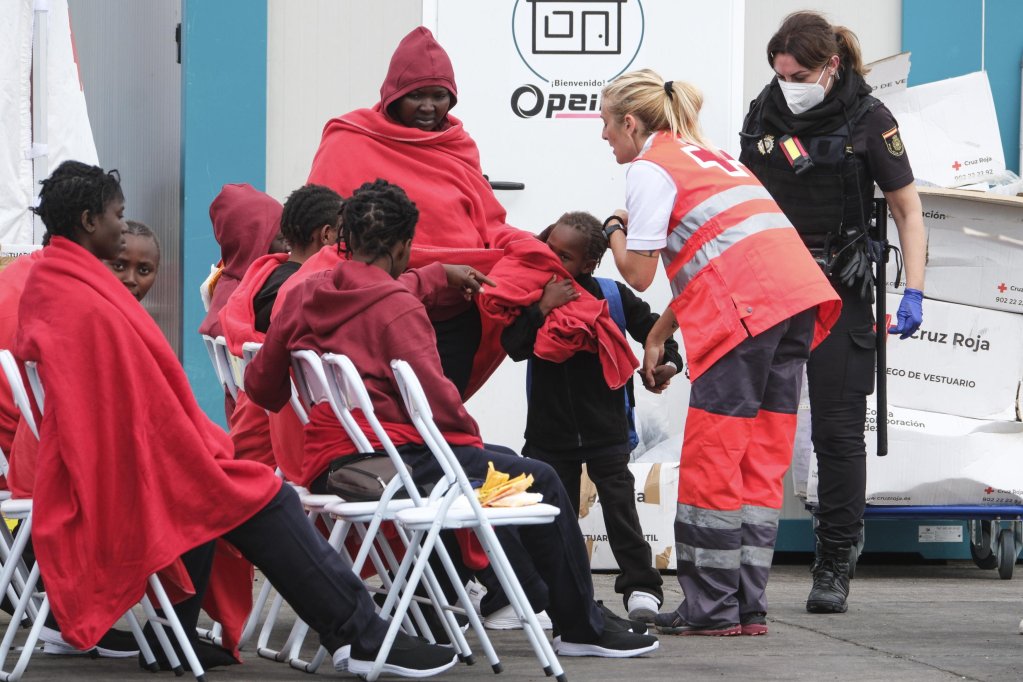Spain is working on a plan to relocate thousands of migrant children and teenagers from overcrowded regions like the Canary Islands and Ceuta. Still, political disagreements are making it difficult to move forward.
The Ministry of Youth and Childhood had planned to meet with Spain’s autonomous regions on April 28 to discuss the relocation plan. However, the meeting was delayed due to a widespread power outage affecting much of the Iberian Peninsula. The aim was to set rules for relocating about 4,400 unaccompanied minors across Spain, easing pressure on frontline areas.
The plan is backed by a decree law passed by the Congress of Deputies in April. This new law updates existing immigration rules and allows Spain’s Sectorial Conference—the body representing the central and regional governments—to adjust how minors are relocated. But such changes need all regions to agree.
Several regions, however, are not on board. The Aragon government has appealed the Conference’s authority, while Madrid has called the meeting illegal and wants it cancelled. These challenges have created doubts about whether all regions will support the national relocation strategy.
Still, Spain’s central government says it will move ahead with the plan if no agreement is reached. Under the new rules, each region’s share of the minors will be calculated using several factors. These include population size (50%), income levels (13%), unemployment rates (15%), and how much each region has already committed to hosting (6%). Other factors include how spread out the population is and whether the region includes border cities or islands.
If a region ends up hosting three times its capacity, it will be able to ask for help and have some of the minors moved elsewhere. However, this expanded hosting plan is only meant to last for one year. After that, any long-term system will need either full support from all regions or majority approval in Spain’s Congress.
If no such agreement is reached by the second year, then Spain’s regional governments will no longer be required to follow the national relocation plan. This makes the coming months critical for the success of the new system.
What is Spain’s goal with this relocation plan?
Spain aims to ease pressure on border regions by relocating over 4,000 migrant minors to other areas of the country. The plan considers each region’s ability to host, but political disagreements may block full implementation.

